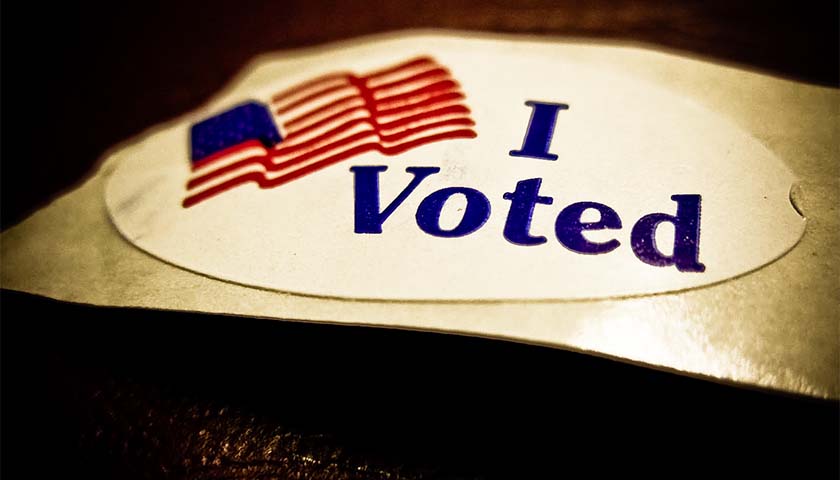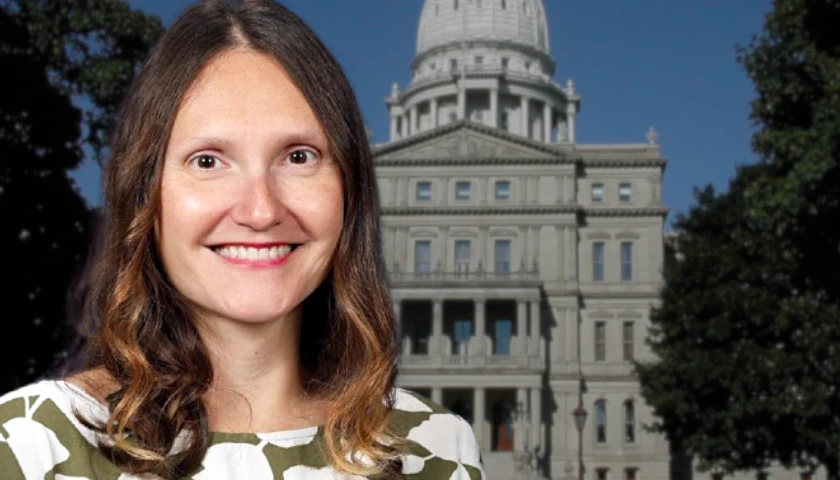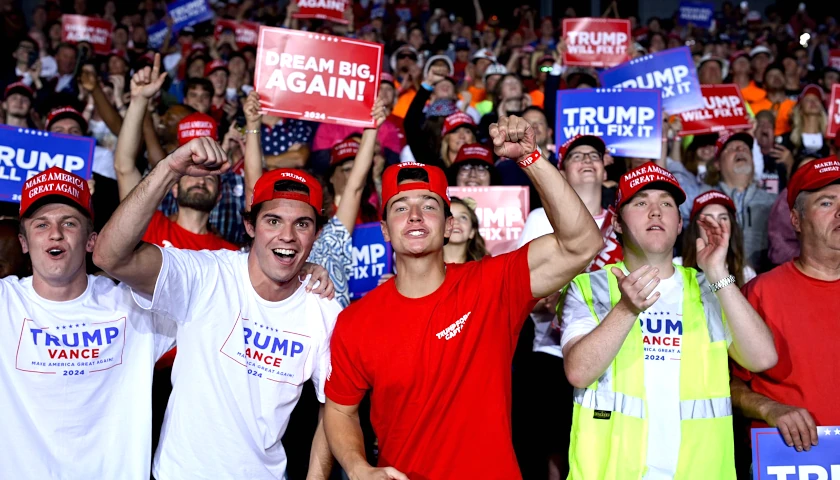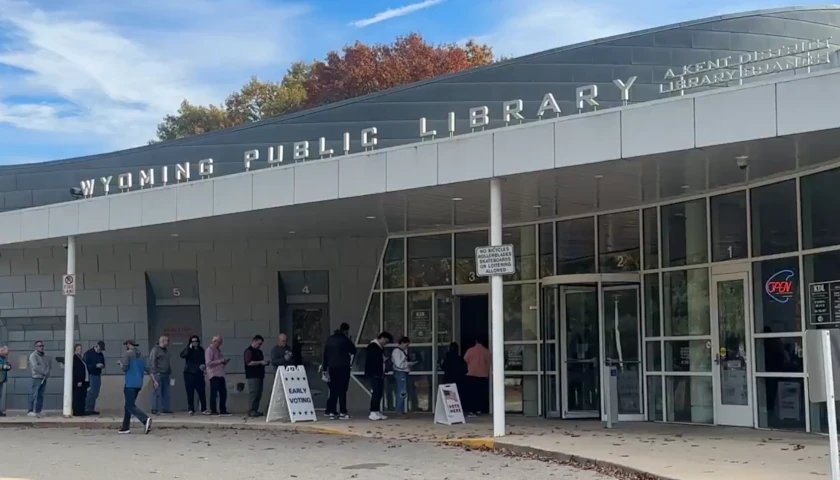by Cole Lauterbach
Voters in some Arizona cities are due to see whether their taxes or costs of government are going to increase in the coming years.
Although many cities in the state have moved to all mail-in voting for off-year elections, Tuesday at 7 p.m. is the deadline for ballots to be received by Maricopa County.
Arizona law requires voters to reconsider a city’s general plan, a strategy to guide growth in budgeting. Scottsdale voters shot down the city’s 2012 proposed revisions but a new one will be decided Tuesday.
“It is the blueprint document, updated every ten years, which directs and guides city staff and city Council in their decisions,” said Mayor David Ortega in the pamphlet accompanying ballots. “Scottsdale government is the most accountable, responsible and responsive when it adheres to the General Plan.”
Scottsdale resident John Washington’s commentary is featured in the pamphlet’s opposition portion.
“Tens of thousands of new apartments in low-cost, high-density housing projects now line McDowell Road, Scottsdale Road, Downtown Scottsdale, the Airpark; and they continue to creep northward,” he said. “It’s hard to tell the difference between Scottsdale and Tempe.”
Voters in Tucson will decide on the pay rate of its lowest-income workers and that of its city officials. On Tuesday’s ballot in Tucson is Proposition 206, which gradually would raise the city’s minimum wage from $12.15 an hour to $15 an hour by 2025. Also on the ballot in Tucson is Proposition 410, which would increase the mayor and city council’s pay by $12,000 each; a 30% increase for the mayor and a 50% hike for council members.
Voters in Gilbert will head to the polls Tuesday to decide the fate of a $515 million infrastructure bond. The loan, if approved, would go toward infrastructure improvements and the construction of new roadways that span a park. The project has been criticized as a “slush fund” by some on the Gilbert City Council.
City of Chandler officials are hoping voters approve of a $272 million bond they said would pay for several different public projects, including police, fire and road construction. According to the San Tan Sun News, the city qualified for a maximum of $426 million without raising taxes, but it used other financing tools to seek a lower price tag.
– – –
Cole Lauterbach is a regional editor for The Center Square covering Arizona, California, and Nevada. For more than a decade, Cole has produced award-winning content on both radio and television.
Photo “I Voted!” by Vox Efx. CC BY 2.0.





